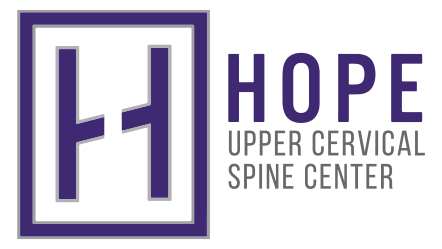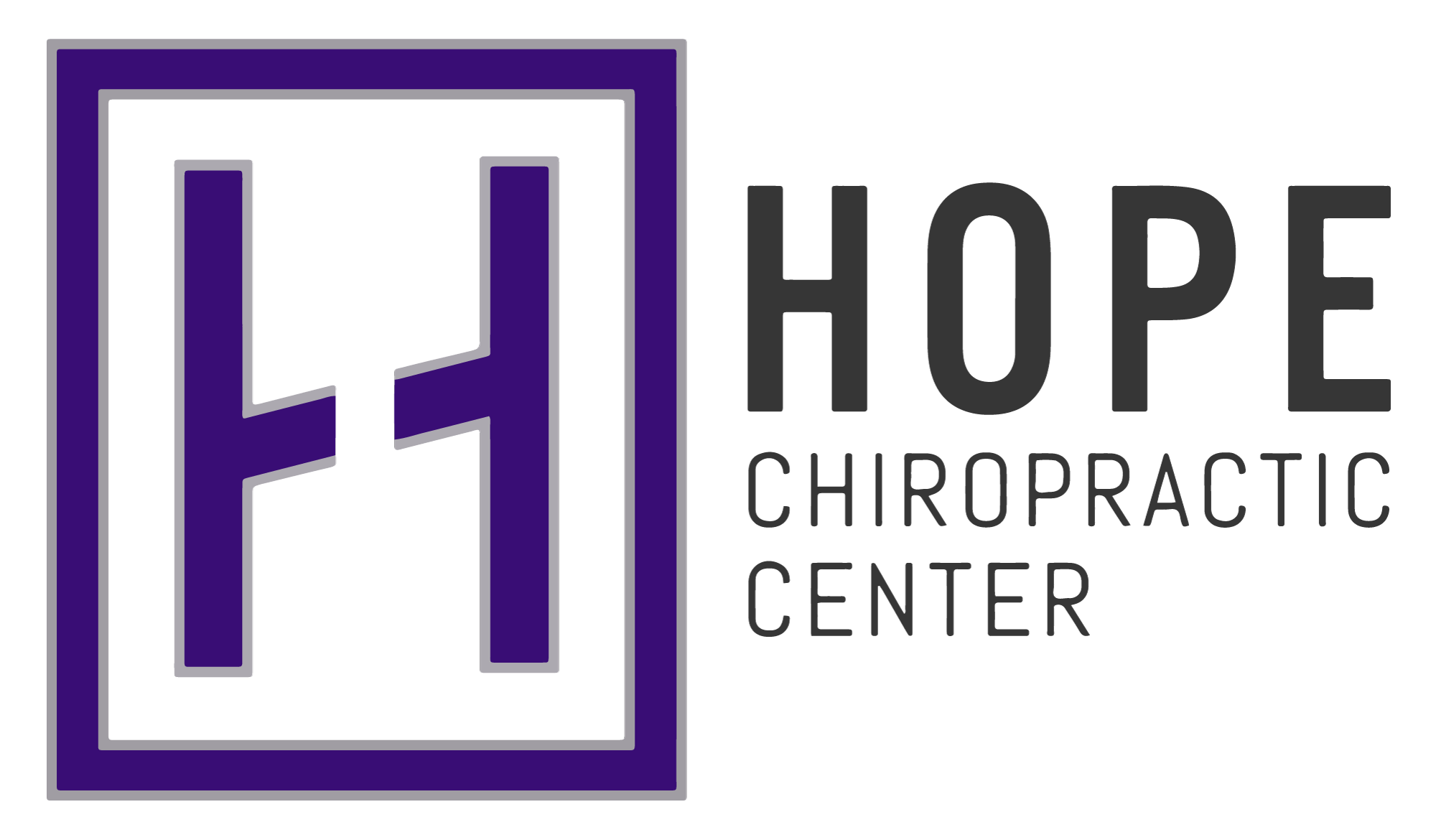
If you’ve ever walked into a room and forgotten why, struggled to focus during a meeting, or felt mentally drained despite a full night’s sleep, you’re not alone.
These symptoms, often grouped under the term brain fog, affect millions of people. While not a formal medical diagnosis, brain fog can interfere with daily life and productivity—and for many, it’s a persistent, frustrating problem.
While common treatments focus on lifestyle and dietary changes, a growing number of people are exploring upper cervical chiropractic care as a non-invasive way to support cognitive clarity. But can spinal adjustments really help sharpen your thinking?
Let’s dive into the science, theory, and patient experiences behind the connection between spinal alignment and brain function.
What Is Brain Fog, Really?
Brain fog isn’t just “being tired.” It’s a complex condition that can include:
- Trouble concentrating
- Slow thinking or confusion
- Forgetfulness
- Difficulty finding the right words
- Mental fatigue
People often describe it as a cloud over their thoughts, leaving them feeling disconnected or out of sync with their environment. Brain fog can stem from a wide range of underlying issues, including:
- Chronic stress
- Poor sleep
- Inflammation
- Hormonal imbalances
- Post-concussion syndrome
- Neurological dysfunction
- Nutritional deficiencies
While medication and therapy help in some cases, many patients are surprised to learn that the health of their spine—particularly the upper cervical spine—may also influence their mental clarity.
The Neurological Pathways Between Spine and Brain
The upper cervical spine consists of the atlas (C1) and axis (C2) vertebrae—located just beneath the skull. These bones protect the brainstem, which is the neurological bridge between the brain and the rest of the body.
Even a slight misalignment in this region can interfere with:
- Cerebrospinal fluid (CSF) flow, which is essential for removing metabolic waste from the brain.
- Blood flow to the brain, affecting oxygen and nutrient delivery.
- Vagal nerve function, which influences mood, focus, and digestion.
This disruption doesn’t have to be dramatic to be significant. For someone experiencing brain fog, correcting the spinal misalignment may help restore these essential functions.
How Upper Cervical Chiropractic Care May Help

Upper cervical chiropractic focuses on realigning the top vertebrae of the spine using precise, low-force adjustments. These techniques are designed to be gentle—there’s no cracking, twisting, or aggressive manipulation.
Instead, chiropractors use imaging and biomechanical assessments to tailor corrections specifically for each individual’s misalignment.
Patients have reported improvements in:
- Mental clarity
- Focus and concentration
- Mood and emotional balance
- Headache reduction
- Sleep quality
Why does this work? By relieving pressure on the brainstem and restoring proper CSF and blood flow, the body can recalibrate itself. Many patients describe this as finally being able to “think clearly” again, as if a mental fog has lifted.
Who Might Benefit?
While brain fog can affect anyone, those with the following backgrounds may especially benefit from upper cervical chiropractic:
- Individuals recovering from concussions or head trauma
- Those with chronic neck pain or a history of whiplash
- People dealing with hormonal shifts or chronic inflammation
- Individuals with a sedentary lifestyle or poor posture
- Those experiencing stress-related cognitive symptoms
Chiropractic care isn’t a one-size-fits-all solution, but when included in a comprehensive health plan, it may play a crucial role in restoring neurological balance.
A Personalized Path to Clarity
At Hope Chiropractic, we believe that every patient deserves a personalized, whole-body approach to brain health. That’s why we take the time to assess your posture, lifestyle, and spinal alignment before recommending care.
Whether you’re managing a lingering concussion or simply want to improve your cognitive sharpness, our upper cervical technique is rooted in precision and compassion.
We’re proud to serve patients from Keller, Southlake, Grapevine, Colleyville, Westlake, and Trophy Club, helping individuals reclaim their focus and vitality—naturally and non-invasively.
Final Thoughts
Brain fog doesn’t have to be a permanent fixture in your life. If you’re feeling mentally sluggish, don’t overlook the potential role of your spine—especially the top of your spine. Chiropractic adjustments, particularly in the upper cervical region, may offer a gentle but powerful way to improve brain function and reclaim your mental edge.
Medical Disclaimer
This article is intended for informational purposes only and does not constitute medical advice. Always consult a qualified healthcare provider before beginning any new health treatment or therapy. Chiropractic care is not intended to replace standard medical care for neurological or cognitive conditions.


